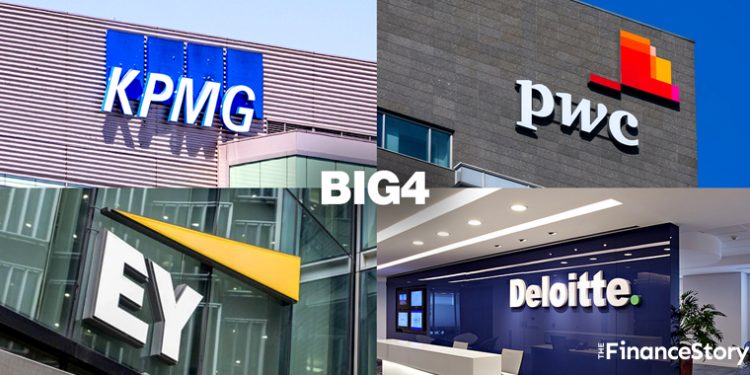- Big 4 firms (EY, Deloitte, PwC, KPMG) are strategically promoting younger partners (average age 33-35).
- Earlier the average age to become a non-equity partner was around 38-40 years.
- 35-40% of all Big 4 partners are now below the age of 45, compared to 30% 2-3 years ago.
- Here are some facts and what has caused this shift.
Increase in regulatory oversight
A partner from one of these Big 4 firms said that the increase in regulatory oversight in recent years has called for a greater emphasis on quality control.
This has led to a higher demand for partners within these firms.
The Big 4 firms are reinforcing their review and risk mechanisms.
Consequently, each partner now handles fewer assignments compared to the past, which further highlights the need for more partners.
The accelerated promotion of partners is a result of both superior performance and an enhancement of the overall firm’s performance.
Growing opportunities
This strategic decision is necessary to expand the talent pool, due to the rapid growth in revenue and service offerings, as stated by senior executives within these organizations.
All the Big 4s are in a race to transition into specialized consulting and advisory providers, a domain traditionally dominated by esteemed firms such as McKinsey and BCG.
This decision also reflects the broader trend among the Big 4 firms in India.
Multi-generational approach for increased diversity
Debu Mishra, Partner and head advisory APAC & MENA, True Search, a global search firm, stated that – Younger partners possess a better understanding of the mindset of the team members beneath them.’
Additionally, they reflect the demographic makeup of India.
Surge in non-equity partners only!
There are various categories of partners in the Big 4, namely associate partners, managing directors, and full equity partners.
However, not all partners who are referred to as such are equity partners.
This means that younger partners may not always possess the same level of authority and status as their senior counterparts.
Equity partners are required to invest capital into the firm in exchange for a portion of the profits.
These partners are held to a higher level of accountability when it comes to delivering results, such as generating sales, ensuring successful project delivery, increasing revenues, providing mentorship, and managing client relationships.
Out of the Big 4’s 3,000 partners in India, only 25-35% of them make up non-equity partners, while the remaining partners are equity partners, as stated by Navnit Singh, chairman of India at global leadership recruitment firm Korn Ferry.
Sources: Information gathered from The Economic Times and Money Control.







